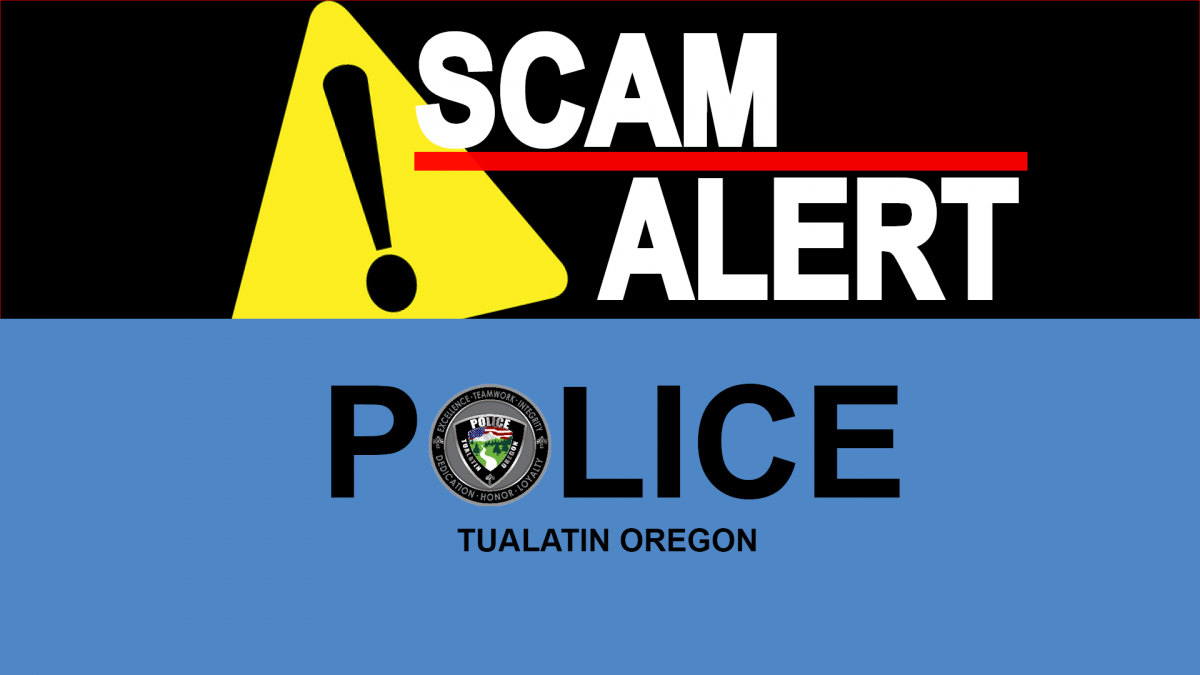- YourGovernment
-
OurCommunity
-
- About Tualatin Advisory Committees Animal Services Community Involvement City Codes City Council City Projects
- Community Crime Reports Customer Service Request Explore Tualatin Now Fire Library Municipal Court Tualatin Today
- Parks & Recreation Passports Permits & Forms Planning & Zoning Police Volunteer Tualatin Moving Forward
-
-
ForVisitors
-
- Parks, Greenways, Recreation and Library Library Parks Public Art Parks and Recreation
- Shopping, Dining, and Entertainment Chamber of Commerce
- Community Events Community Theatre Pumpkin Regatta Special Events
-
- DoingBusiness
-
HowDo I?
-
- Apply for a Job Apply for an Advisory Committee Contact the City Council Get a Copy of a Police Report File a Records Request Find Forms
- Find Planning & Zoning Find Public Transportation Find the City Code Get a Business License Get Email Subscriptions/Notifications Locate City Offices
- Contact the City Pay My Traffic Fine Pay My Water Bill Reserve a Facility Sign Up for a Recreation Program Search the Website Volunteer
-
Internet Crimes & Phone Scams

All too often, good people have lost money to phone scams. Sometimes it's a small amount of money, other times it's their entire life savings. Scammers will say anything to cheat you out of your hard earned money. Some can be very sneaky by coming across as very friendly, calling you by your first name, making small talk, and even asking about your family. They may claim to work for a company or person you trust. They may also try sending mail or placing ads to try to convince you to call them.
If someone you don't know contacts you to try to sell you something you're not interested in buying, say "No thanks." And, if they ask you or even pressure you to give up personal information, like your credit card or Social Security number, it’s most likely a scam. You should hang up immediately!
"Phishing" is when internet or cyber criminals impersonate a business to trick you into giving out your personal information. Don't reply to emails, text messages, or pop-up messages that ask for your personal or financial information. Avoid clicking on links within those messages, even when it seems to be from an organization or business you trust. Most of the time it is a phishing scam. Legitimate businesses and organizations will not ask you to send sensitive information through insecure channels.
For more information on these types of crimes and ways to report them, please refer to the links below.
